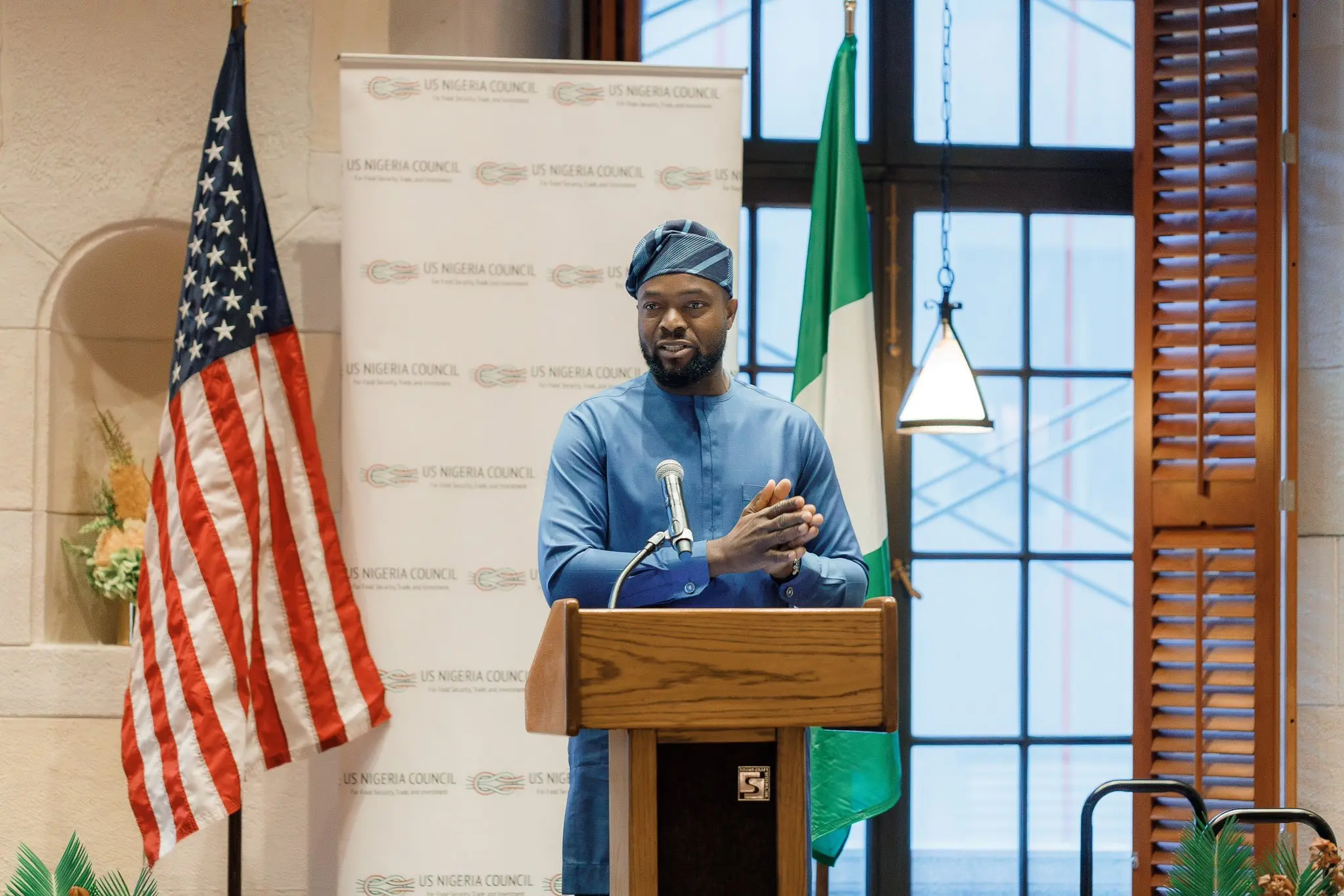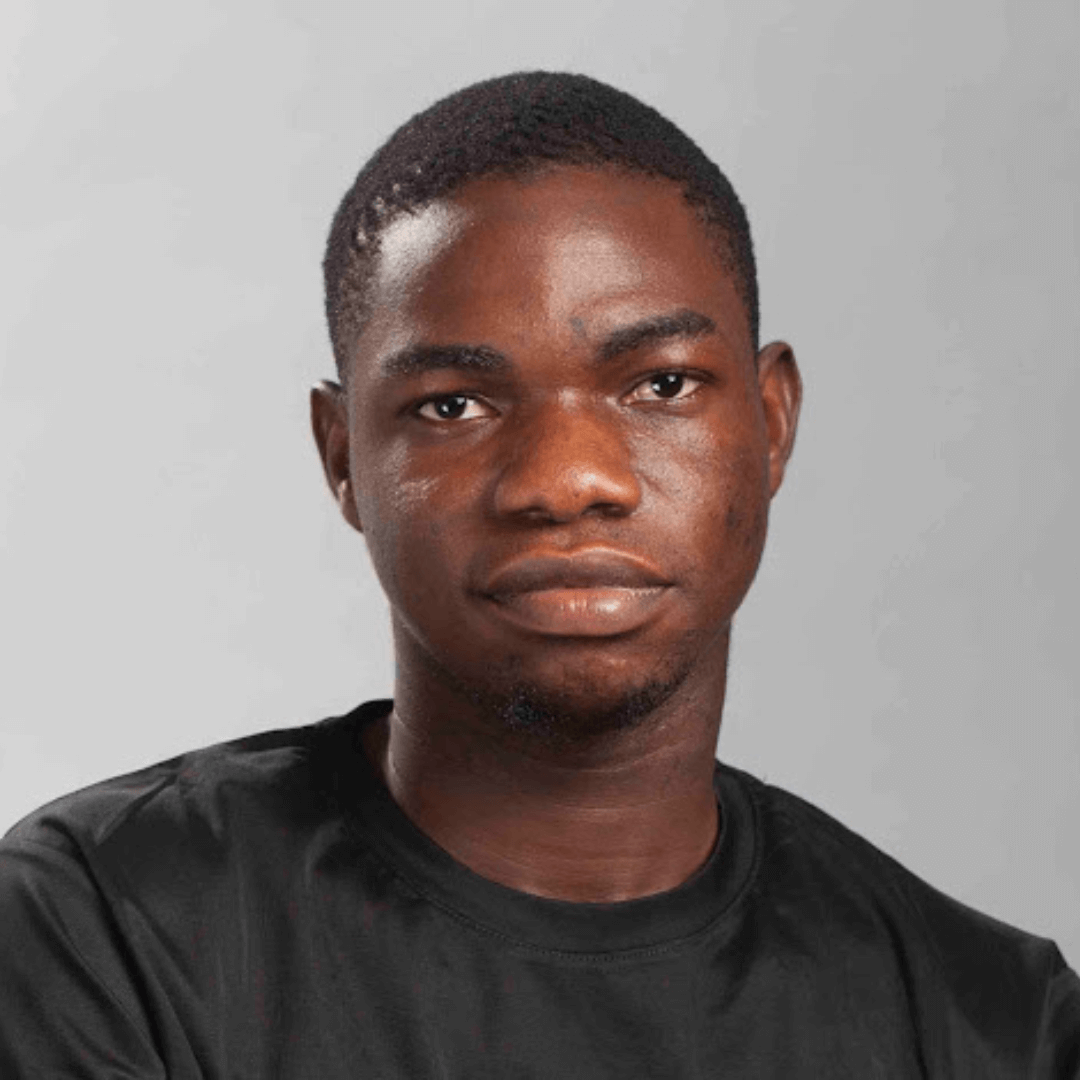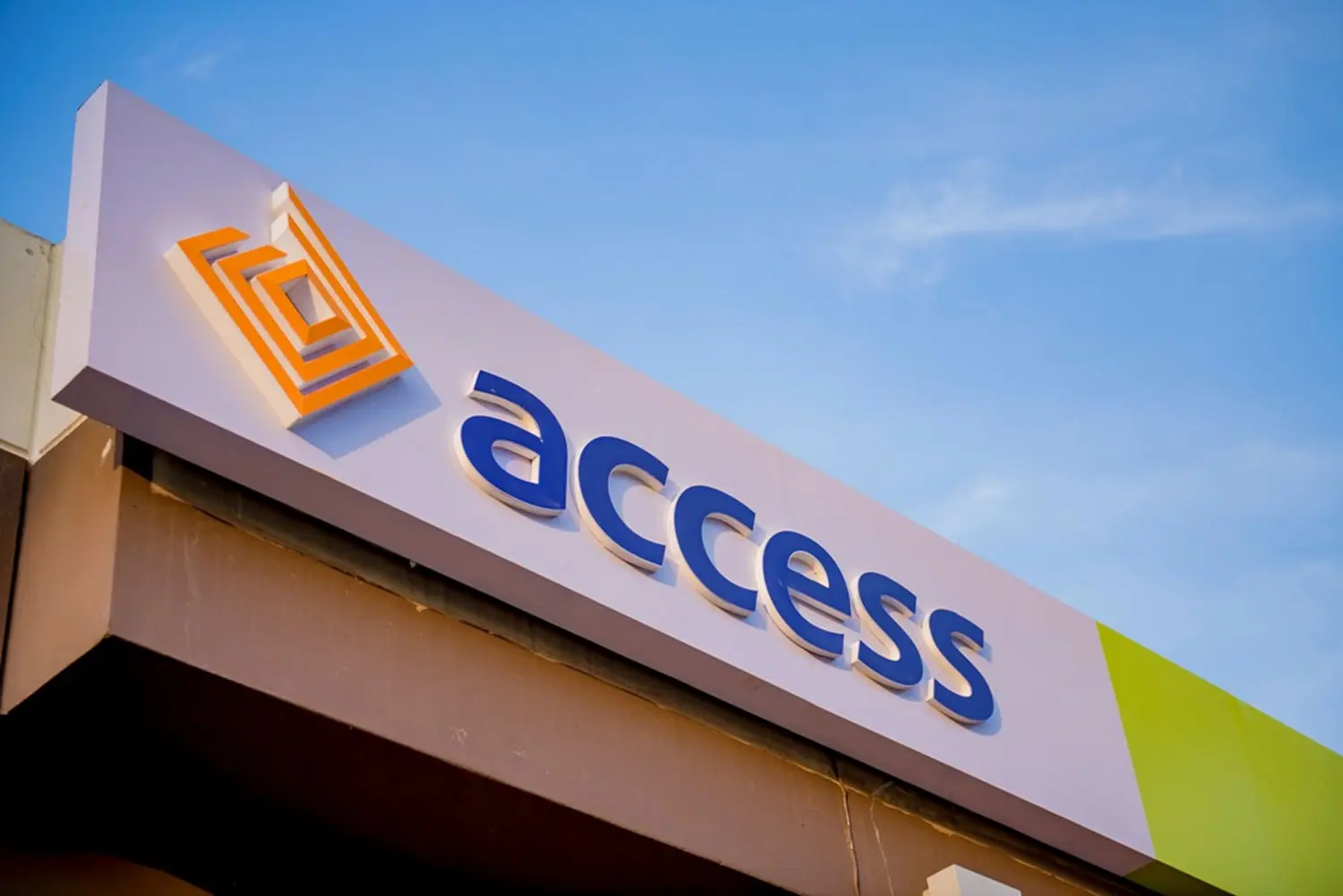In October 2023, two months after taking office, Bosun Tijani, Nigeria’s minister of communications, innovation, and digital economy, spoke about his strategic roadmap in an interview. One key takeaway from the eight-minute-long conversation was Nigeria’s bold dream for artificial intelligence (AI): “We want Nigeria to be one of the leading countries in AI in the world.”
Tijani’s argument was simple: Nigeria must participate in developing the emerging technology to solve the nation’s problems. The minister discussed plans to create a comprehensive national AI strategy for Nigeria, following the footsteps of other African countries such as Tunisia, Mauritius, and Egypt.
But Nigeria’s AI ambitions rubbed some Nigerians the wrong way and the pushback has been more than what Tijani envisaged. The criticism revolved around one point: Nigeria must address fundamental issues such as reliable electricity, food security, and poverty. To critics, pushing an AI agenda without fixing the basics puts the cart before the horse.
In a nation that’s already struggling to tackle inflation and poverty, many consider the conversations around AI to be misplaced and premature.
Yet it could be argued that Nigeria has made impressive technological progress despite these problems. Nigeria’s telecommunications revolution happened in 2001 when internet penetration was less than one percent. A similar argument can be made for the growth of Nigeria’s tech ecosystem, which led to the rise of homegrown multimillion-dollar startups.
Nigeria is still far behind in the AI race compared to the rest of the world and Africa. Tunisia released its national AI strategy in 2019, while Nigeria has yet to develop one fully.
“AI development is happening around the world in real-time. If Nigeria does not take its place, it will be left with the crumbs,” said Kehinde Olateru, CEO and Co-Founder of Zero Complex AI, a B2B technology startup, arguing that the development of AI will force rapid development in other areas.
According to experts, if properly utilised, AI could optimise agriculture, improve healthcare delivery, and tackle security challenges – issues deeply intertwined with the very basics critics emphasise. AI’s uses in agriculture include pest and disease detection, harvesting and sorting, livestock management, and supply chain optimization, according to this TechCabal article, uses of AI in agriculture. In Senegal, there has been research into how combining algorithms with Internet of Things (IoT) detectors can develop sustainable automated irrigation systems.
Africa’s AI market is projected to reach $6.9 billion in 2024, with widespread application across various sectors.
There are concerns that focusing on AI would divert resources from crucial areas, but data suggests otherwise. Nigeria doesn’t have a mature AI ecosystem yet. In October 2023, Nigeria’s tech regulator, the National Information Technology Development Agency (NITDA) unveiled an AI research scheme to provide grants to startups and researchers.
According to a new study on the state of AI in Africa, much work still has to be done in expanding computing facilities and data infrastructure. “Of the top 500 most powerful commercially available computer systems known to us, only one is located in Africa – in Morocco,” the report notes.
If anything, balancing such lofty AI ambitions with immediate needs will require careful consideration.
“Both can coexist. While we solve infrastructure challenges, we can build our capacity in AI,” Victor Famubode, an AI policy researcher told TechCabal. “It is not one or the other.”























